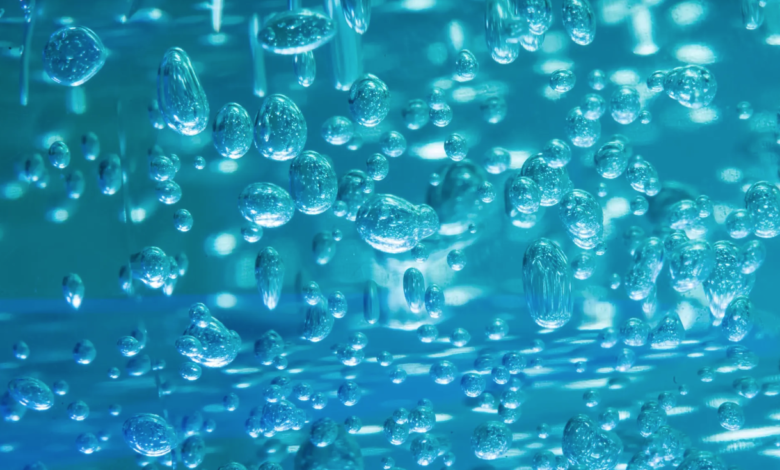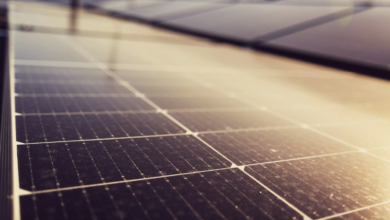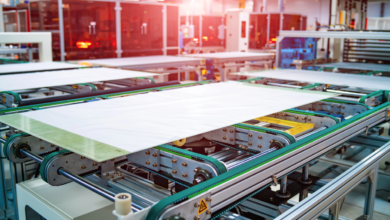
Germany relies on imported green hydrogen. And it does so by allocating new resources to its double auction mechanism, one of the European Union’s permitted instruments for bringing supply and demand together. The announcement has recently come from the Federal Ministry of Economy and Climate Protection (BMWK), ready to replicate on a large scale the results achieved in 2022 with the first national pilot auction for the H2.
“Germany is working on building a viable hydrogen market,” said Minister Robert Habeck. “Since the end of this decade, we want to be able to import significant quantities of hydrogen for our industry and energy supply. In close cooperation with the European Hydrogen Bank, we are accelerating its growth together with the Netherlands and opening up interesting cooperation offers to partner countries.“
read also Progress in the production of cheap green hydrogen with the “trap” for metals
Berlin intends to achieve a national electrolysis capacity of at least 10 GW by 2030. But for decarbonization – explains the same dicastery – will serve much more green H2 and the country does not have enough renewable electricity for this purpose. That is why the government has developed a strategy for importing green hydrogen. The aim is to continue cooperation with countries such as Norway, Denmark, Austria, Italy, Canada and Namibia. By establishing strategic partnerships with South and West Africa and Australia in terms of the future supply of clean hydrogen.
According to a recent T&E report, the road may be more uphill than expected, but Germany does not seem too worried. The idea is to pour 3.53 billion euros from the Climate and Transformation Fund into the purchase of the carrier and its derivatives from 2027 to 2036.
The model will once again be that of the “double rod”. In detail, a subsidiary of the H2Global Foundation will open an international auction for the purchase of green hydrogen and hydrogen derivatives from several import regions. The cheapest offer will receive a long-term purchase contract. “This – reads the ministerial press note – gives suppliers the confidence to plan further investments in production”. Purchased H2 volumes will be sold to customers through a second auction and at a competitive price. The funds made available will compensate for the difference between supply and demand prices.





